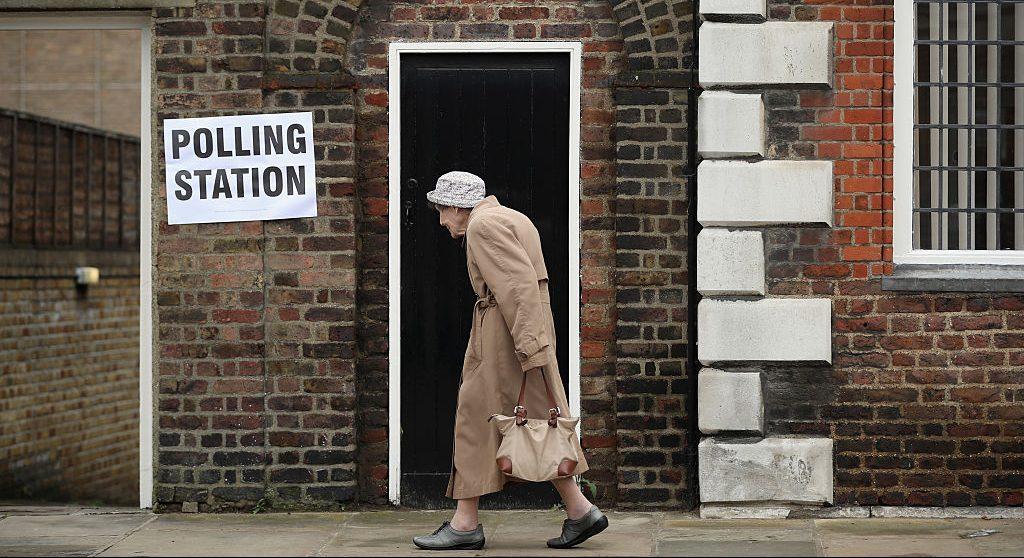Commentary
LONDON—I’m not a medical practitioner, but the understanding that sugar equals obesity and diabetes has fascinated me for decades, especially as an American who emigrated to Britain 43 years ago. But the more I read, the more contradictory the evidence is on this topic.





